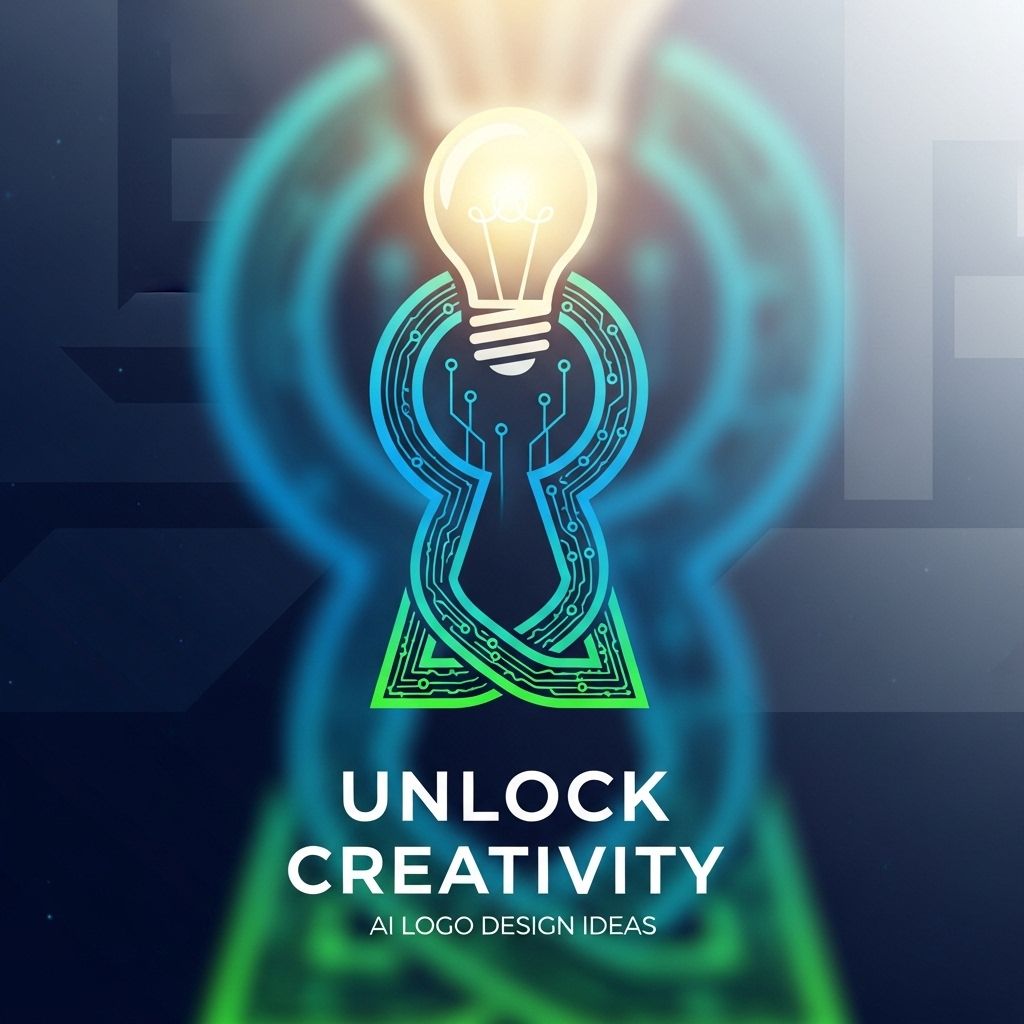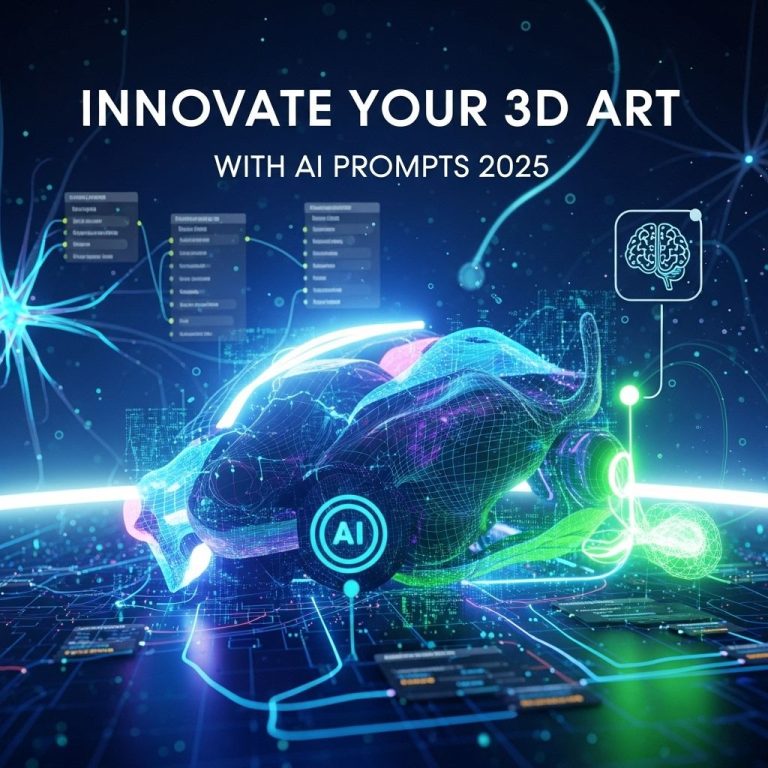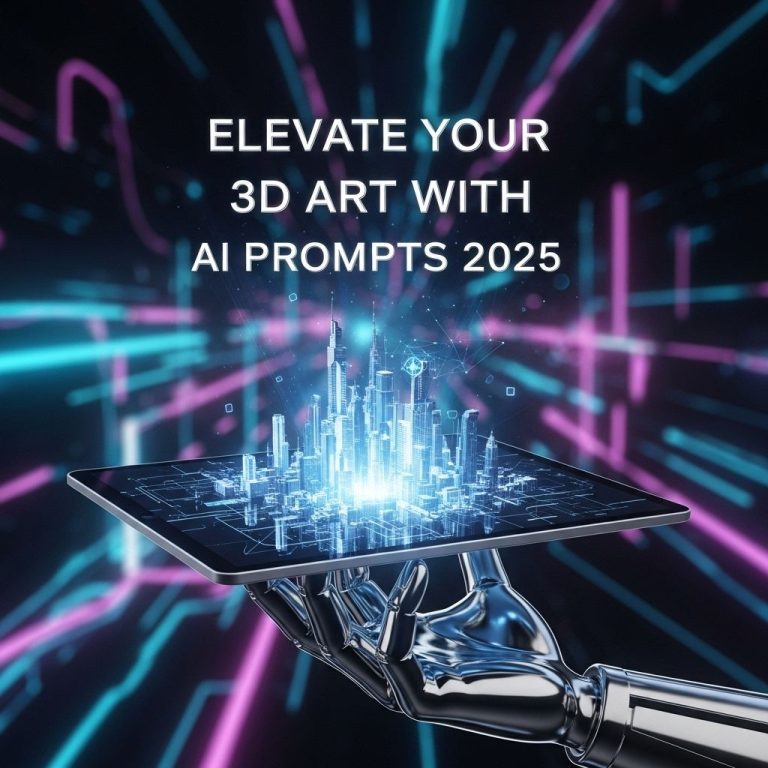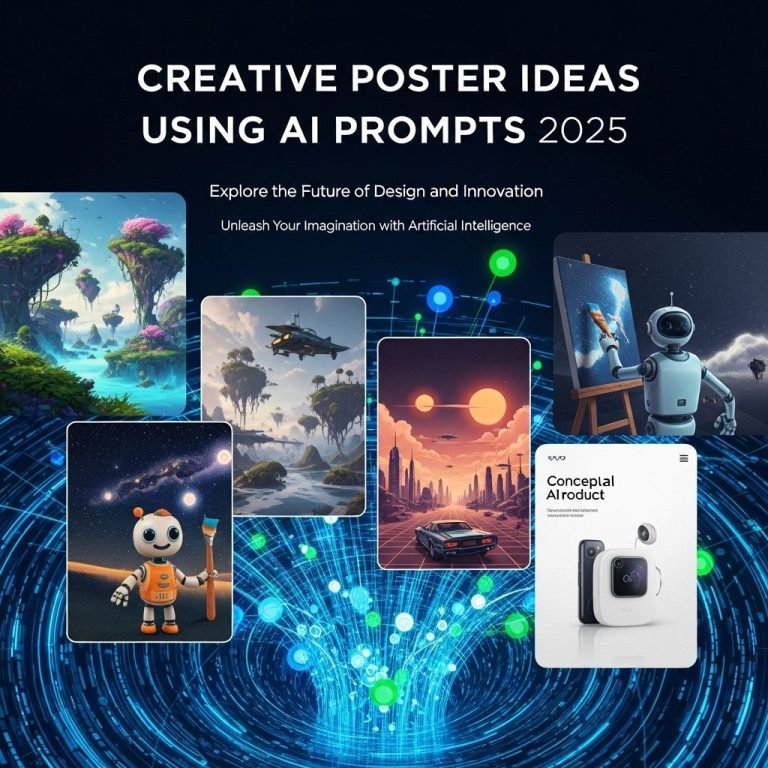In an increasingly digital world, where first impressions are often formed through visual means, the importance of a strong logo cannot be overstated. Logos serve as the face of a brand, encapsulating its values, mission, and personality into a compact visual identity. With the evolution of artificial intelligence (AI), the realm of logo design has been transformed, providing new avenues for creativity and innovation. Whether you are a business owner looking to create a new brand identity or a designer seeking inspiration, understanding how AI can assist in logo creation can unlock a wealth of possibilities.
Understanding AI in Logo Design
AI logo design tools utilize machine learning algorithms to analyze existing logos, design trends, and color schemes to create unique and professional-looking logos. These tools can generate multiple variations in a matter of seconds, allowing users to explore an array of options without the need for advanced design skills. Here’s how AI enhances the logo design process:
- Speed: AI tools can produce logos in a fraction of the time it would take a human designer.
- Cost-Effectiveness: Many AI logo generators are available at a lower price point compared to hiring a professional designer.
- Customization: Users can input specific preferences and receive tailored logo options that reflect their brand identity.
Benefits of Using AI for Logo Creation
Utilizing AI for logo design offers several benefits that can be particularly appealing to startups and established businesses alike. Here are some of the key advantages:
1. Diverse Design Options
AI tools can generate a multitude of designs based on user preferences, ensuring that the final selection is unique and aligned with the brand’s vision.
2. Inspiration Source
For designers, AI can serve as an inspiration source, offering fresh ideas and concepts that may not have been considered otherwise.
3. User-Friendly Interfaces
Most AI logo design platforms are designed with user experience in mind, featuring intuitive interfaces that simplify the design process.
4. Iterative Design Process
AI tools enable users to iterate on designs quickly, making it easy to refine and hone logos until they are perfect.
Top AI Logo Design Tools
There are numerous AI logo design tools available today, each offering unique features and capabilities. Here are some of the leading options:
| Tool Name | Key Features | Best For |
|---|---|---|
| Canva | Customizable templates, drag-and-drop interface | Non-designers looking for flexibility |
| Looka | Brand kit, social media previews | Branding completeness |
| LogoMaker | Free logo creation, easy editing | Quick logo generation |
| Hatchful | Industry-specific designs, mobile app | Small businesses |
| Wix Logo Maker | AI-driven suggestions, full branding suite | Website integrated branding |
How to Use AI for Logo Design
To successfully use AI tools for logo design, follow these steps:
- Define Your Brand Identity: Understand your brand’s mission, values, and target audience. This foundational step will guide your design choices.
- Choose the Right AI Tool: Select an AI logo design tool that aligns with your needs, whether it’s a simple generator or a comprehensive branding suite.
- Input Your Preferences: Use the tool’s features to input your color choices, preferred styles, and any specific symbols or themes you wish to incorporate.
- Explore Generated Options: Review the AI-generated logos and take note of designs that resonate with your vision.
- Refine and Finalize: Edit the selected design as necessary, adjusting colors, fonts, and layouts until it reflects your desired brand identity.
- Download and Use: Once satisfied, download your logo in various formats for different uses, including digital and print.
Challenges and Limitations of AI Logo Design
While AI offers exciting possibilities, it’s essential to be aware of its limitations. Consider the following challenges:
1. Lack of Originality
AI designs may not always be entirely unique, as they rely on existing data and designs to generate new logos.
2. Design Nuances
Human designers possess an understanding of subtle design principles and emotional nuances that AI may overlook.
3. Brand Storytelling
A logo is often more than just a visual; it tells a story about the brand. AI may struggle to encapsulate intricate narratives.
Conclusion
The integration of AI into the logo design process opens new avenues for creativity and efficiency, allowing brands to explore a variety of logo options that reflect their unique identity. While it empowers users with advanced tools for generating designs, it’s essential to remember that the essence of a great logo often lies in the human touch. Combining AI’s capabilities with human insight can lead to remarkable outcomes that effectively communicate a brand’s story. Whether you are a seasoned designer or a business owner, embracing AI in logo design can unlock a realm of creative possibilities that were previously unimaginable.
FAQ
What is AI logo design?
AI logo design refers to the use of artificial intelligence tools and algorithms to create unique and professional logos for businesses and brands.
How can AI help in logo design?
AI can streamline the logo design process by providing design suggestions, automating repetitive tasks, and generating creative ideas based on user input and preferences.
Are AI-generated logos customizable?
Yes, most AI logo design platforms allow users to customize elements such as colors, fonts, and layouts to match their brand identity.
What are the benefits of using AI for logo design?
Using AI for logo design can save time, reduce costs, and provide a wide range of creative options, allowing businesses to find the perfect logo quickly.
Can I trust the quality of AI-generated logos?
AI-generated logos can be of high quality, but it’s essential to review and customize the designs to ensure they align with your brand’s vision and values.
Is AI logo design suitable for all types of businesses?
Yes, AI logo design is versatile and can cater to various industries, making it a suitable option for startups, small businesses, and even established brands.




